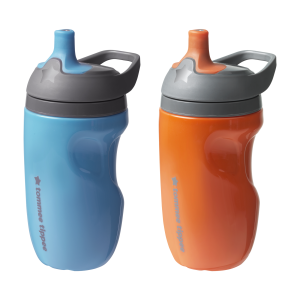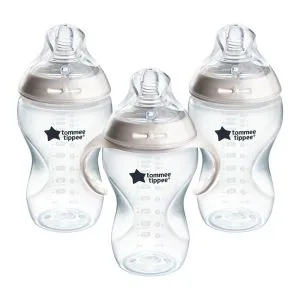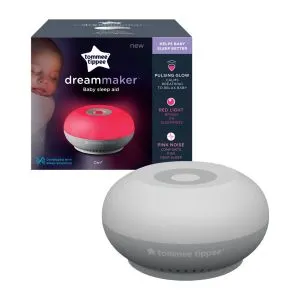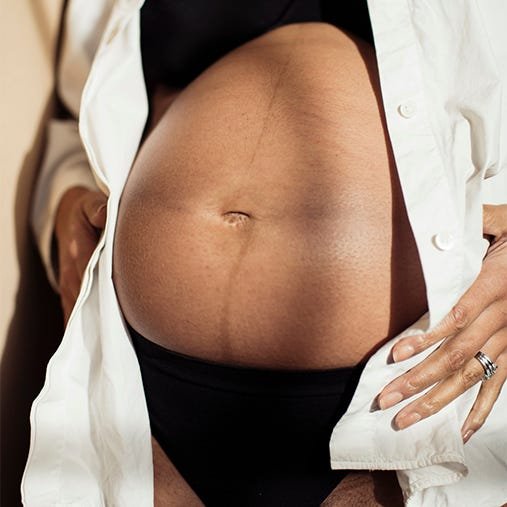If you’re pregnant and exploring your options for birth, you may be wondering, what exactly is a doula? Well, a doula is a trained professional who provides emotional, physical, and informational support before, during, and after childbirth.
Doulas are not medical professionals, but rather a helpful addition to a birthing team.
In this blog, we will explore the benefits of having a doula present during childbirth and learn how to find a doula to support you on your journey to parenthood.
What is a birth doula?
Doulas are trained professionals who provide emotional, physical, and informational support to expectant parents before, during, and after the birth of their baby. They're there to support and advocate for you, whatever decision you make.
There are two different types of doulas – birth doulas and postnatal doulas.
Birth doulas are there to offer support and reassurance during your birth and can make sure your birth plan is followed.
Postnatal doulas can offer support after the baby has arrived. They can help around the house, and make sure the parent has what they need to adapt to life with a new baby.
Is a doula the same as a midwife?
While both doulas and midwives can work together to support expectant parents, there are some key differences between the two.
Doulas aren’t medically trained. They provide non-judgemental emotional and physical support throughout pregnancy, birth, and the postpartum period. They do not provide medical care or make diagnoses.
Midwives, on the other hand, are healthcare professionals who provide medical care throughout the pregnancy and birth process, including prenatal care, delivery, and postpartum care. They are trained to handle complications and emergencies that may arise during childbirth and know when to refer a patient to a doctor if their birth strays from the expected pathway.
Doulas are not medical professionals, but rather a helpful addition to a birthing team.
In this blog, we will explore the benefits of having a doula present during childbirth and learn how to find a doula to support you on your journey to parenthood.
What is a birth doula?
Doulas are trained professionals who provide emotional, physical, and informational support to expectant parents before, during, and after the birth of their baby. They're there to support and advocate for you, whatever decision you make.
There are two different types of doulas – birth doulas and postnatal doulas.
Birth doulas are there to offer support and reassurance during your birth and can make sure your birth plan is followed.
Postnatal doulas can offer support after the baby has arrived. They can help around the house, and make sure the parent has what they need to adapt to life with a new baby.
Is a doula the same as a midwife?
While both doulas and midwives can work together to support expectant parents, there are some key differences between the two.
Doulas aren’t medically trained. They provide non-judgemental emotional and physical support throughout pregnancy, birth, and the postpartum period. They do not provide medical care or make diagnoses.
Midwives, on the other hand, are healthcare professionals who provide medical care throughout the pregnancy and birth process, including prenatal care, delivery, and postpartum care. They are trained to handle complications and emergencies that may arise during childbirth and know when to refer a patient to a doctor if their birth strays from the expected pathway.










